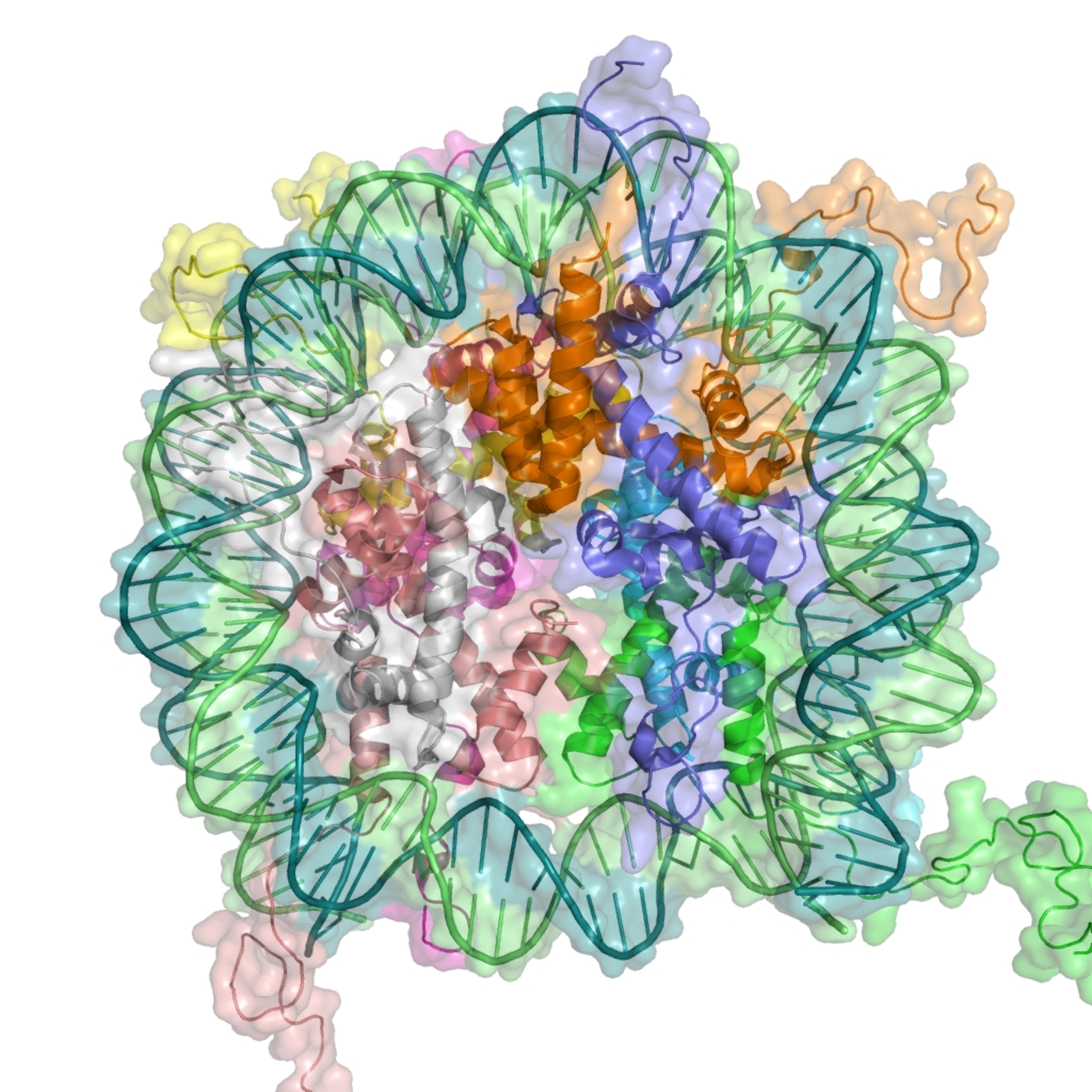
Drug Tweaks Epigenome to Erase Fear Memories
A hurricane, a car accident, a roadside bomb, a rape — extreme stress is more common than you might think, with an estimated 50 to 60 percent of Americans experiencing it at some point in their lives. About 8 percent of that group will be diagnosed with post-traumatic stress disorder, or PTSD. They will have flashbacks and nightmares. They will feel amped up, with nerves on a permanent state of high alert. They won’t be able to forget.
One of the only effective treatments for PTSD is ‘exposure therapy,’ in which people are repeatedly exposed to their fear — such as a painful memory — in a safe context. This treatment works partly because of how our brain encodes memories. Whenever we actively recall a memory, it transforms into a pliable molecular state and becomes vulnerable to modification.
About half of people who get exposure therapy for PTSD get better. But that still leaves a lot of people who don’t. A mouse study published last week in Cellpublished last week in Cell throws the spotlight on a drug that acts in concert with exposure therapy to help extinguish fear memories. The drug works by changing the epigenome, the chemical markers that attach to DNA and can turn genes on and off.
“It’s remarkable,” says Li-Huei Tsai, a neuroscientist at the Massachusetts Institute of Technology who led the work. “If we inject a single dose of this drug it actually is sufficient to reactivate neuroplasticity.”
The drug works by changing the way DNA is expressed in the brain.

In order to fit into the nucleus of each cell, DNA wraps tightly around spherical proteins called histones. (You can see how in this animation.) Histones are littered with chemical groups, such as methyl and acetyl, that influence how nearby genes get turned on and off.
For many years, Tsai has been studying enzymes called histone deacetylases, or HDACs, which switch off genes by removing acetyl groups from histones. In 2012, she showed that one such enzyme, dubbed HDAC2, is overactive in a mouse model of Alzheimer’s disease and shuts down genes related to learning. In that study she also showed that blocking HDAC2 led to dramatic gains in the animals’ memory.
“HDAC2 is a master regulator of the expression of neuroplasticity genes,” Tsai says. “And HDAC inhibitors seem to be very beneficial for memory formation.”
In the new study, Tsai’s team investigated whether this enzyme is also involved in the way that fear memories cement themselves into brain circuits.
Mice don’t get PTSD, but they can acquire fear memories. Using so-called Pavlovian fear conditioning, researchers train the animals to fear a particular cue, such as a sound or smell, by pairing it with a mild shock to the foot. After a few trials, the animal freezes at the cue alone.
There’s also a mouse version of exposure therapy. After a mouse learns to fear, say, a certain tone, researchers can extinguish that fear by repeatedly playing the tone without a shock. Gradually the animal learns to associate the tone with the safer context.
But in mice (and, importantly, in some people with severe PTSD), this extinction therapy only works for recently acquired fear memories. If a fear memory is old, then no amount of retraining will erase the animal’s fear. “One of the major challenges in developing treatments for PTSD is that traumatic memories can persist for a lifetime,” notes Matt Lattal, a neuroscientist at Oregon Health and Science University who was not involved in the new study. “It is therefore critical that laboratory models of PTSD include this long interval between traumatic experience and testing.”
Tsai and her colleagues trained mice to fear a tone and then gave them extinction therapy either a day later or 30 days later. When extinction training happened a day later, the HDAC2 enzyme was inactivated in brain cells, the study found. With HDAC2 quiet, acetyl groups stayed latched on to histones and various memory genes stayed on. Presumably, this window of plasticity allowed the mice to un-learn the fear memory. In contrast, when extinction training happened 30 days later, the HDAC2 enzyme was active. It removed those acetyl groups, effectively shutting off neuroplasticity genes.
But here’s the exciting part. The animals were able to un-learn the fear memory 30 days after it was formed when the researchers paired extinction therapy with a drug that inhibits HDAC2, dubbed “CI-994.” It only took one dose, and the researchers saw no side effects, Tsai says. “We did a lot of control experiments to show that this mechanism doesn’t wipe out other memories. It really is very specific to the training condition.”
HDAC inhibitors are becoming a hot class of drugs. In 2012, Yossef Itzhak and his colleagues at the University of Miami reported that giving a different HDAC inhibitor to mice before they acquire the fear memory accelerates the extinction of the memory weeks later. “Hypothetically speaking, HDAC inhibitors may be useful prophylactics against the persistence of fear memory,” says Itzhak, who was not involved in the new study.
Researchers are investigating HDAC inhibitors for all sorts of other conditions, too, including heart disease, HIV, and cancer. Because HDAC enzymes are expressed all over the body, though, some experts are worried about their translation into the clinic.
“HDAC inhibitors have a wide spectrum of biological effects, and only when they will be targeted for the treatment of a specific malady [will] their therapeutic value be of great importance,” Itzhak says. “The goal is to identify specific HDAC inhibitors which target specific brain circuits and genes.”